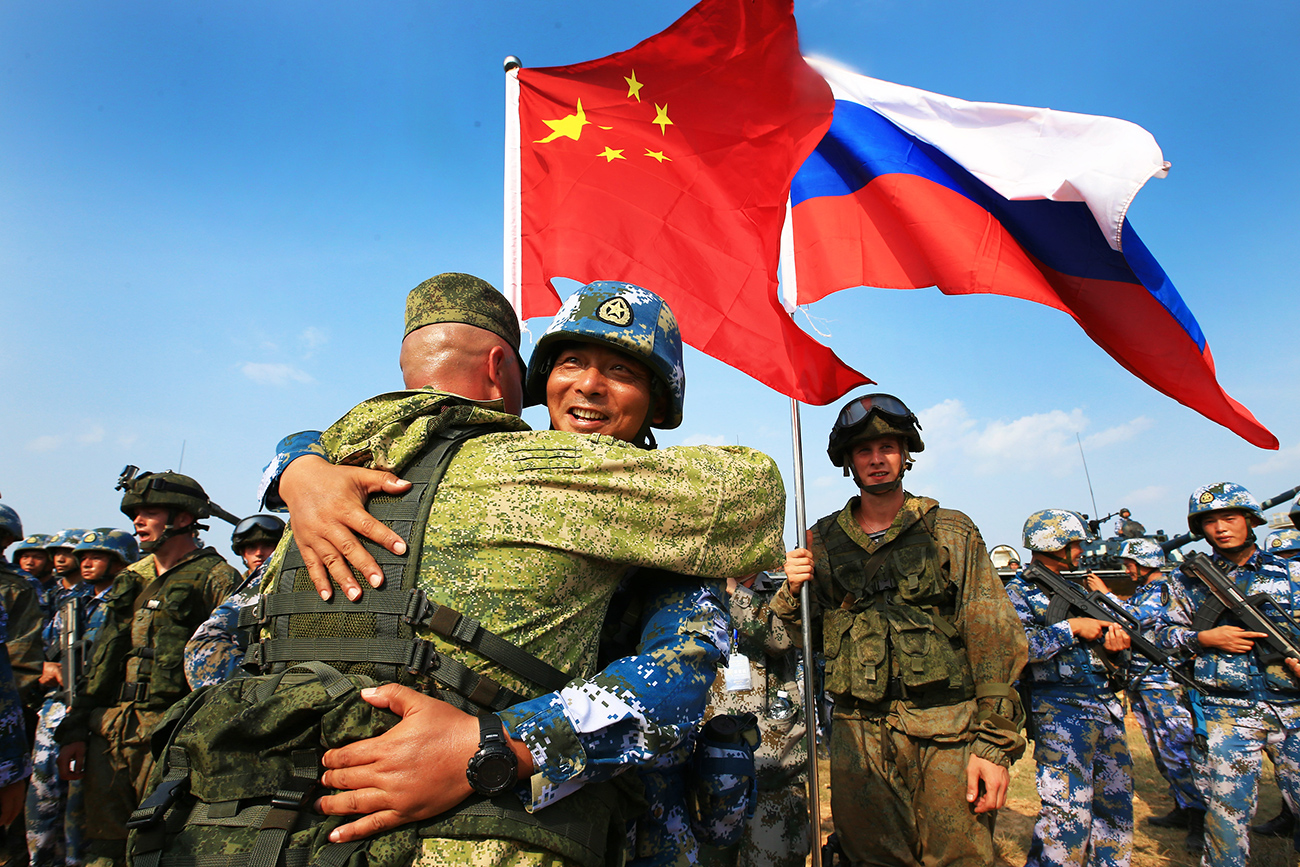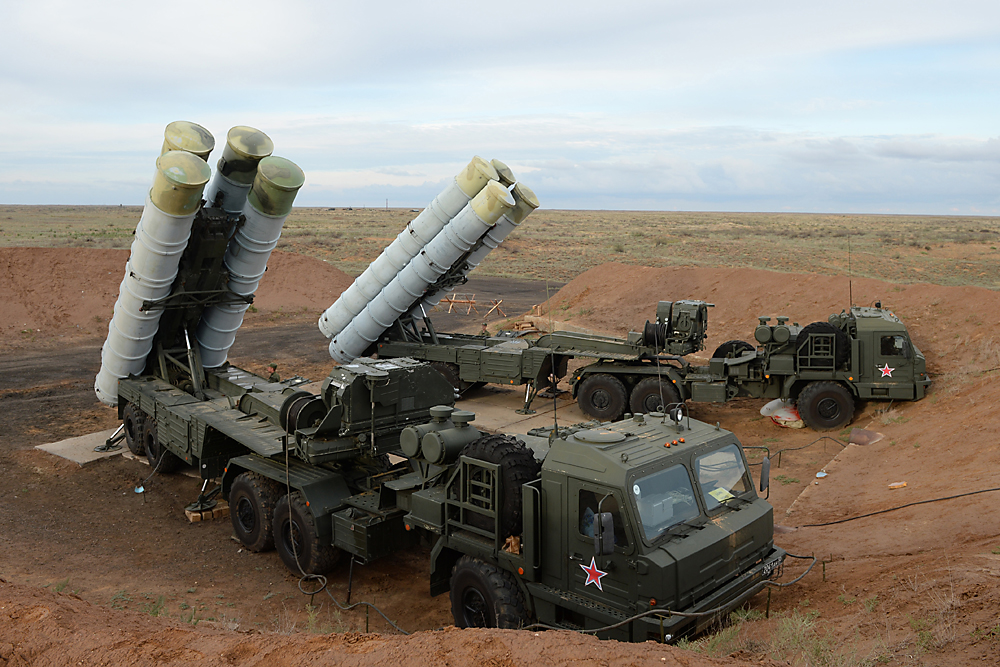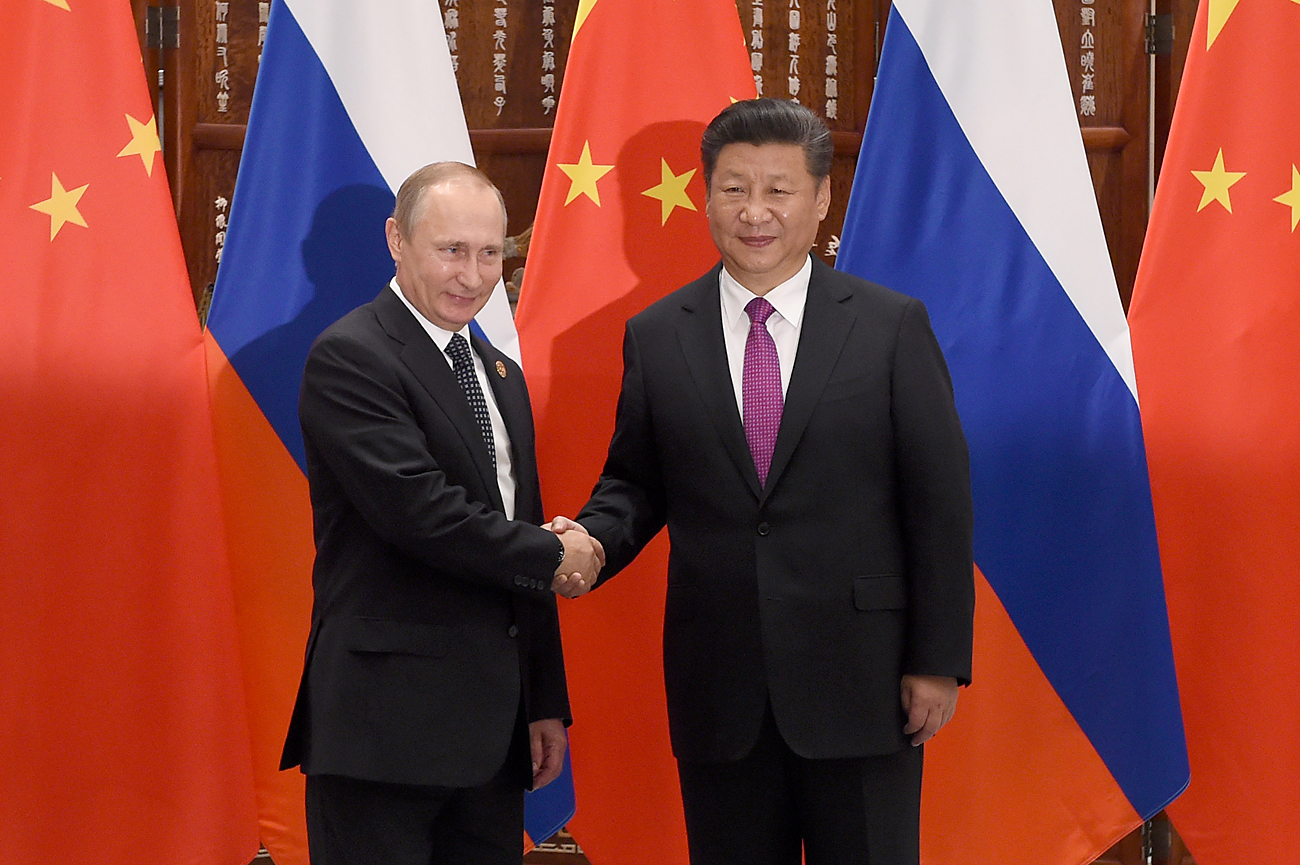What stops Moscow and Beijing from forming a military bloc?

There has been strong bonding between Russian and Chinese military personnel over the last few years.
ZUMA Press/Global Look PressChina is now the main focus of Russian military diplomacy. No other country outside the former USSR has such a level and intensity of military contacts and cooperation with Moscow.
This cooperation includes regular meetings between the ministers of defense and the leadership of the armed forces of the two countries. There are also several regular major military exercises and a large number of military contests and competitions, as well as tie-ups in military training.
According to Russian Minister of Defense Sergei Shoigu, around 3600 Chinese officers have been trained in Russian military institutions since the beginning of 1990s. Some of these officers have had an impressive career in the People's Liberation Army.
This suggests that for the first time since the days of Sino-Soviet friendship in the 1950s, a cadre of senior officers and generals with a Russian educational background and, as a consequence, a detailed understanding of Russian views on military affairs, has formed in China.
High-tech drills
The annually-held ‘Peace Mission’ and ‘Joint Sea’ exercises have gone well beyond counter-terrorism, and include practicing the most high-tech aspects of modern warfare. The naval drills include anti-submarine warfare, air defense and conducting amphibious operations.
Land drills involve combined arms warfare with close interaction of different branches of the armed forces and the armed forces: for example, long-range aviation.
In 2016 regular exercises of air defense forces and missile defense were added to the schedule. They are now held in the form of a computer simulation, but in the future we can expect action on the ground.
Why it's almost a military bloc
The nature and intensity of Russian-Chinese military contacts are typical for countries with such strong ties. However, it is important to remember that a formal arrangement is impossible between Russia and China until the countries revise the conceptual basis of their foreign policies.
China denies even a slight hint about joining such alliances in principle. Russia is a part of the Collective Security Treaty Organization, a military alliance of a group of former Soviet republics. But Moscow is against the idea of the creation and expansion of military-political alliances. The Russian political line for the opposition of NATO’s expansion to the East is based on this approach.
What Moscow and Beijing are getting ready for
In these conditions Russian-Chinese military cooperation has two objectives. The first and foremost is to get prepared for specific scenarios of interaction in case of regional crises affecting the interests of Moscow and Beijing.
The most likely scenario is a crisis in Central Asia. But even though the militaries of the two countries have done a lot of preparatory work for coordination during a potential crisis, there is no certainty that under such circumstances Moscow and Beijing would take an appropriate political decision and act together.
The second objective is for the countries to have the ability to change the existing format of military and strategic relations if radical global geopolitical changes ever took place.
We can assume that hypothetically a global military crisis can push the two countries to form an alliance. This only needs a formal decision, because the bulk of the preparation work has been done.
Moscow and Beijing have probably taken this possibility into consideration in their contingency plans for a crisis. The strength of the Sino-Russian military relationship increases the confidence of both countries in the backdrop of their deteriorating relations with the United States.
Vasily Kashin is a senior research fellow in the Moscow Based Institute for Far Eastern Studies and in the Higher School of Economics. Views expressed are personal.
If using any of Russia Beyond's content, partly or in full, always provide an active hyperlink to the original material.
Subscribe
to our newsletter!
Get the week's best stories straight to your inbox

